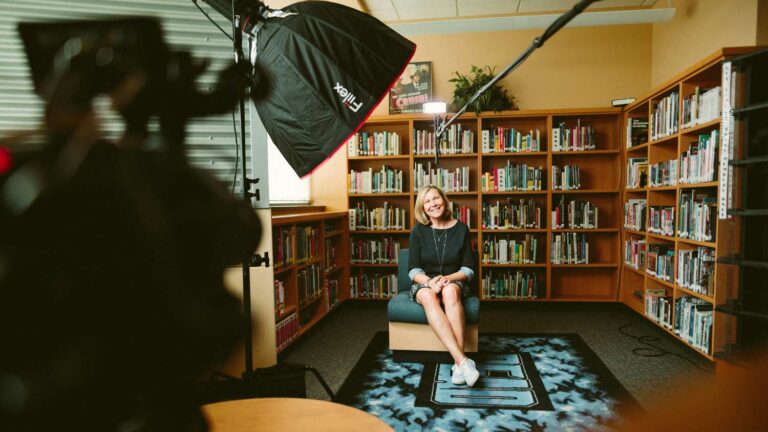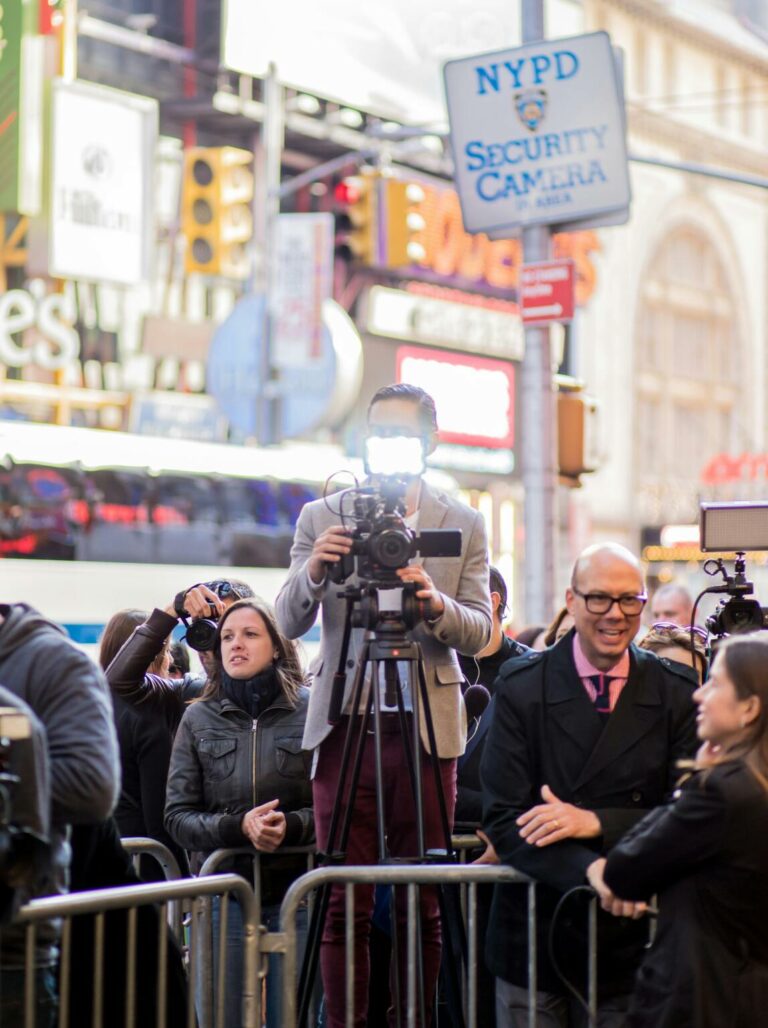By: Lindsey Rathjen, Vice President, Public Relations
Modern public relations and social media are about capitalizing on, and responding to, cultural moments, handling crisis situations or seizing breaking news opportunities. The difference between success and falling behind can hinge on a brand’s ability to react in real time.
Pop culture has provided us with shining examples of how moving quickly can lead to increased engagement, brand love and relevance. It can be a powerful moment to connect with a target audience or box out the competition. These initiatives not only led to headline making news but also increased brand equity among target audiences. They offer useful lessons for thinking about how you can capitalize quickly on a brand-appropriate cultural moment.
Oreo’s Iconic “You Can Still Dunk in the Dark” Tweet
While most cannot remember who won the 2013 Super Bowl, Oreo’s famous “You Can Still Dunk in the Dark” tweet accompanied by an image of a glowing Oreo remains fresh in pop culture’s mind.
No one would have anticipated the famous Super Bowl blackout. As the blackout unfolded, Oreo seized the fleeting marketing opportunity, wanting people to see it through their perspective and evoke an emotional response, ensuring consumers remembered the brand. In a matter of minutes, the tweet went viral, gaining thousands of retweets and media attention.
This single tweet was a well-executed, timely strategy that showed the brand’s ability to adapt in real-time. The brand was able to tap into a major global event with the perfect balance of simplicity and humor.
Making a big impression does not always need a big budget yet, it can bring in big results. According to Valens Research, the tweet accumulated around 15,000 retweets and the Facebook post recorded approximately 20,000 likes in one day. The “Dunk in The Dark” image also garnered $525 million in earned media impressions.
Aviation Gin Pokes Fun at Peloton
Ryan Reynolds’s Aviation Gin made headlines in 2019 for its clever response to a viral Peloton ad that aired during the holiday season. Peloton’s advertisement featured a women receiving one of the brand’s famous bikes as a gift from her husband. Critics argued that the ad came across tone-deaf, sparking a social media firestorm.
Aviation Gin, known for its tongue-in-cheek marketing, saw an opportunity to join the conversation and within days had released a commercial that poked fun at the Peloton ad. The ad featured the same actress now enjoying Aviation Gin, and it garnered widespread media attention.
Aviation Gin’s ability to respond quickly became an opportunity for brand engagement and demonstrated the power of speed and wit. The brand successfully capitalized on the moment, injecting humor into a viral controversy, and ensuring that they became part of the larger conversation.
The results? The YouTube video ad amassed nearly 4.4 million views and Reynolds’s tweet sharing the video received 9.6 million views in the first week, according to RetailWire. Aviation’s sales increased by more than 100% in 2019 as demand for the premium gin soared in North America, largely due to Reynolds’s involvement and its quick-thinking marketing strategy.
Airbnb’s Rapid Response in Support of Ukraine
Another powerful example of a brand moving quickly at the right time was Airbnb’s global crisis response to the Russian invasion of Ukraine in early 2022. In only a few days, Airbnb announced a global campaign offering free short-term housing for up to 100,000 Ukrainian refugees displaced by the war with Russia.
The initiative mobilized hosts to offer their homes to Ukrainians fleeing the war. It was launched with immediate effectiveness, reflecting the urgency of the situation. In addition to offering temporary housing, the company made a commitment to raising funds through donations and encouraged hosts around the world to open their homes to refugees at no costs.
Airbnb’s real-time response to the crisis not only showed the power of the brand’s quick action but it highlighted the importance of aligning with global causes that resonate with consumers on an emotional level. Reinforcing its humanitarian values, the campaign positioned Airbnb as a brand that cares deeply about social impact, further fostering trust and loyalty among its audience.
In a time of global turmoil, Airbnb’s swift response helped offer some solace to those affected while showing the world that brands can, and should, play a meaningful role in global issues. In the first 48 hours of the initiative, Airbnb hosts earned $1.9 million, and the platform received more than 61,406 bookings according to Influencer Marketing Hub.
Conclusion
To stay relevant, brands must embrace the power of agility, ensuring their public relations and social media strategies allow them to engage in real-time, adapt to current events and take advantage of pop culture and global events. To ensure that a brand has the competitive edge, here are a few key actions to take:
- Create a Rapid Response Framework: Establish a system that allows the brand to react quickly including setting up systems and teams that can approve content swiftly and make decisions on the spot.
- Develop Pre-Approved Messaging Guidelines and Templates: Build content that can be easily adapted or repurposed for unexpected opportunities.
- Empower Team Members to Act Fast: Give teams the freedom and resources to act quickly when opportunities arise.
- Measure and Learn: After capitalizing on a moment, it is essential to analyze the impact including what worked and what didn’t. Take all key learnings and apply to future templates and preparation.
Brands that move quickly have a competitive edge, allowing them to introduce new visions, products or services faster, boosting market share and brand recognition. Speed can be a significant competitive advantage in today’s breakneck business landscape





